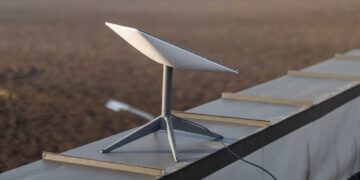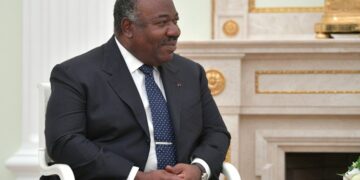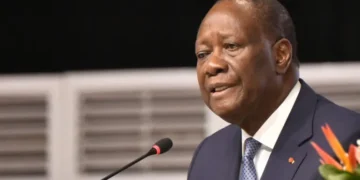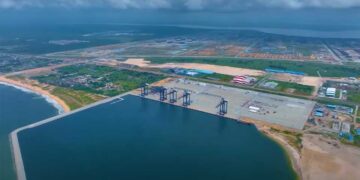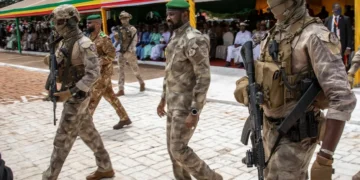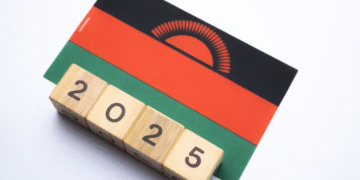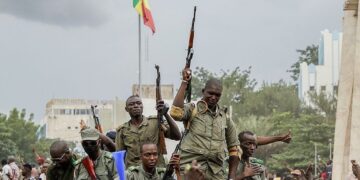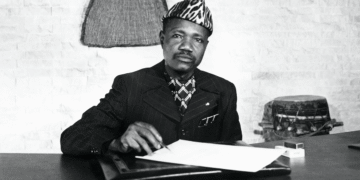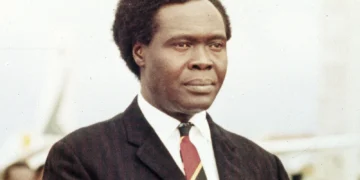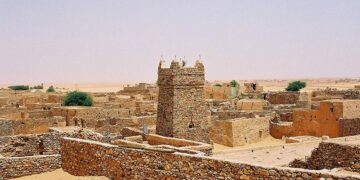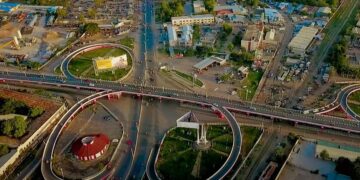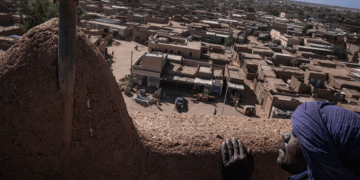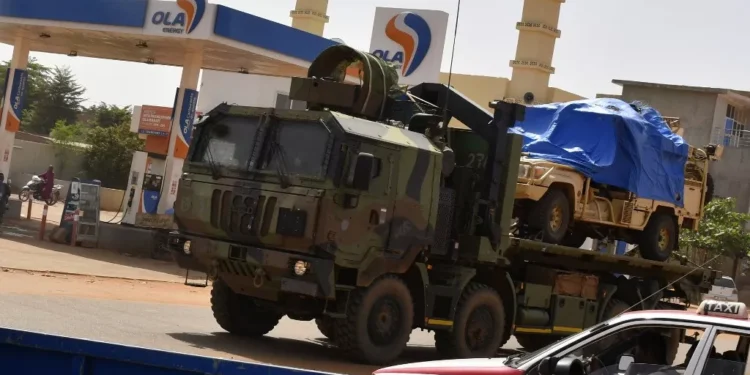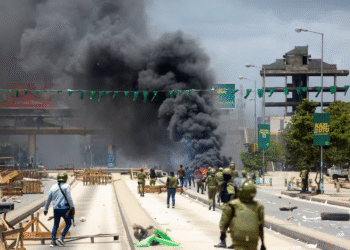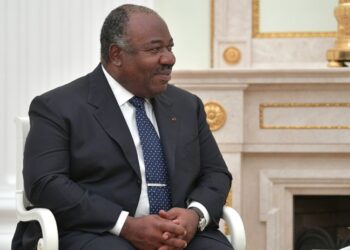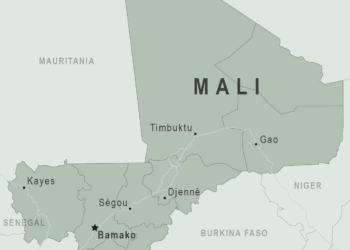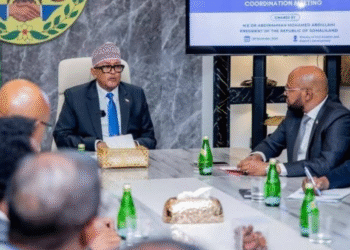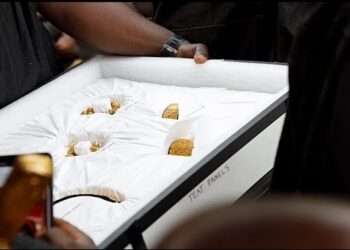The United States on Tuesday declared that the July takeover in Niger was a military coup d’etat, which results in officially suspending assistance to Niger, but there are no plans to change the U.S. troop presence in the country, senior administration officials said.
Niger has been a key partner for Washington’s fight against Islamist insurgents who have killed thousands of people and displaced millions more.
The decision, which limits what assistance Washington can provide the country, was made after it became clear the junta did not want to abide by constitutional guidelines to restore civilian and democratic rule, a senior official said.
Assistance that would be affected by the coup designation was already paused, but Tuesday’s decision officially suspends it.
“We’re taking this action because over the last two months, we’ve exhausted all available avenues to preserve constitutional order in Niger,” the official said.
The United States has been pressing for a diplomatic resolution of the crisis that erupted on July 26 when Niger military officers seized power, deposed President Mohamed Bazoum and placed him under house arrest.
“Any resumption of U.S. assistance will require action by the National Council for Safeguarding the Homeland (CNSP) to usher in democratic governance in a quick and credible timeframe,” State Department spokesperson Matthew Miller said in a statement.
Despite the coup designation, the United States at this time has no plans to change its troop posture in the country, another official said.
Over the past decade, U.S. troops have trained Nigerien forces in counterterrorism and operated two military bases, including one that conducts drone missions against Islamic State and an Al Qaeda affiliate in the region.
One official said that counterterrorism operations in Niger will remain paused in the interim and activities to build the capacity of Niger’s armed forces will be suspended.
“This coup assessment demonstrates that we cannot continue business as usual in Niger,” the official said.
The Pentagon in September repositioned some troops and equipment within Niger and withdrew a small number of non-essential personnel.
There are now about 1,000 Department of Defense personnel in the country, one official said. Before the movement, there were 1,100 troops.
While there are no plans at this time to change posture, the Pentagon will continue to evaluate any next steps on presence in the country based on the security environment, force protection and counterterrorism interests, among other factors.
The first official said Washington had urged the junta to abide by the constitution, which in the view of the United States stipulated a “transition government dealing with a national emergency would have to restore civilian and democratic rule within 90-120 days.”
“As time has passed, it’s become clear that the CNSP officials that we’ve been dealing with did not want to abide by these constitutional guidelines and, in fact, they’ve told us that they’ve chosen to repeal that constitution,” the official said.
Washington in August paused certain foreign assistance programs totaling nearly $200 million that benefit the government of Niger, but said it would continue giving humanitarian and food assistance.
The junta has been informed of Washington’s need to suspend certain assistance, the official said, adding that the United States will maintain humanitarian and health assistance that benefits the people of Niger.
French forces leave for Chad
French soldiers left their bases in Niger on Tuesday in a first ground convoy under local escort, “heading for Chad”, said the military regime in power in Niamey since the end of July.
“Troops based in Ouallam (west) left their base today. These are operations for the departure of the first land convoy bound for Chad under escort from our Defense and Security Forces”, said the Niamey regime, in a statement read out Tuesday evening on national television.
In addition to this departure by land, “three special flights” were registered at Niamey airport, two for the departure of “97 elements of the special forces” and one “dedicated to logistics”.
The withdrawal of the French troops was quickly demanded by Niger’s generals after they came to power, and French President Emmanuel Macron announced their departure at the end of September.
Some 1,400 French soldiers and airmen were deployed in the country to fight jihadists alongside the Nigeriens, including around 1,000 in Niamey and 400 at two forward bases in the west, at Ouallam and Tabarey-Barey, in the heart of the so-called “three borders” zone with Mali and Burkina Faso.






